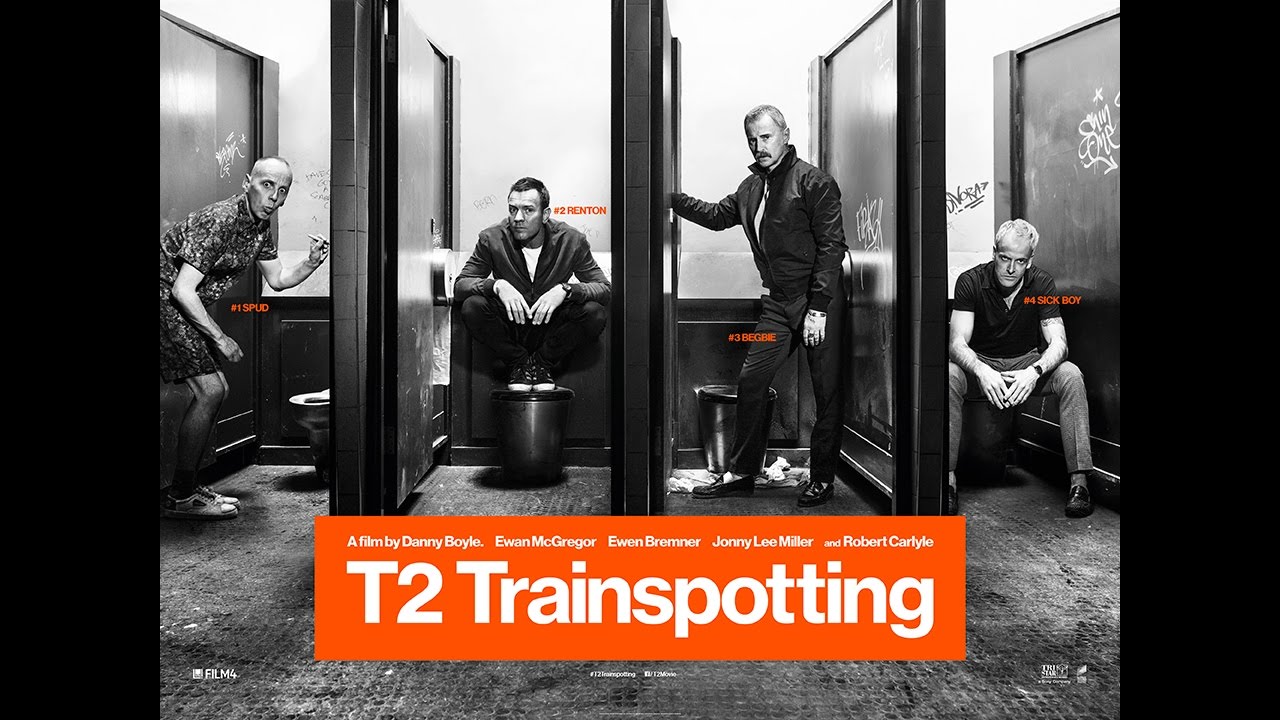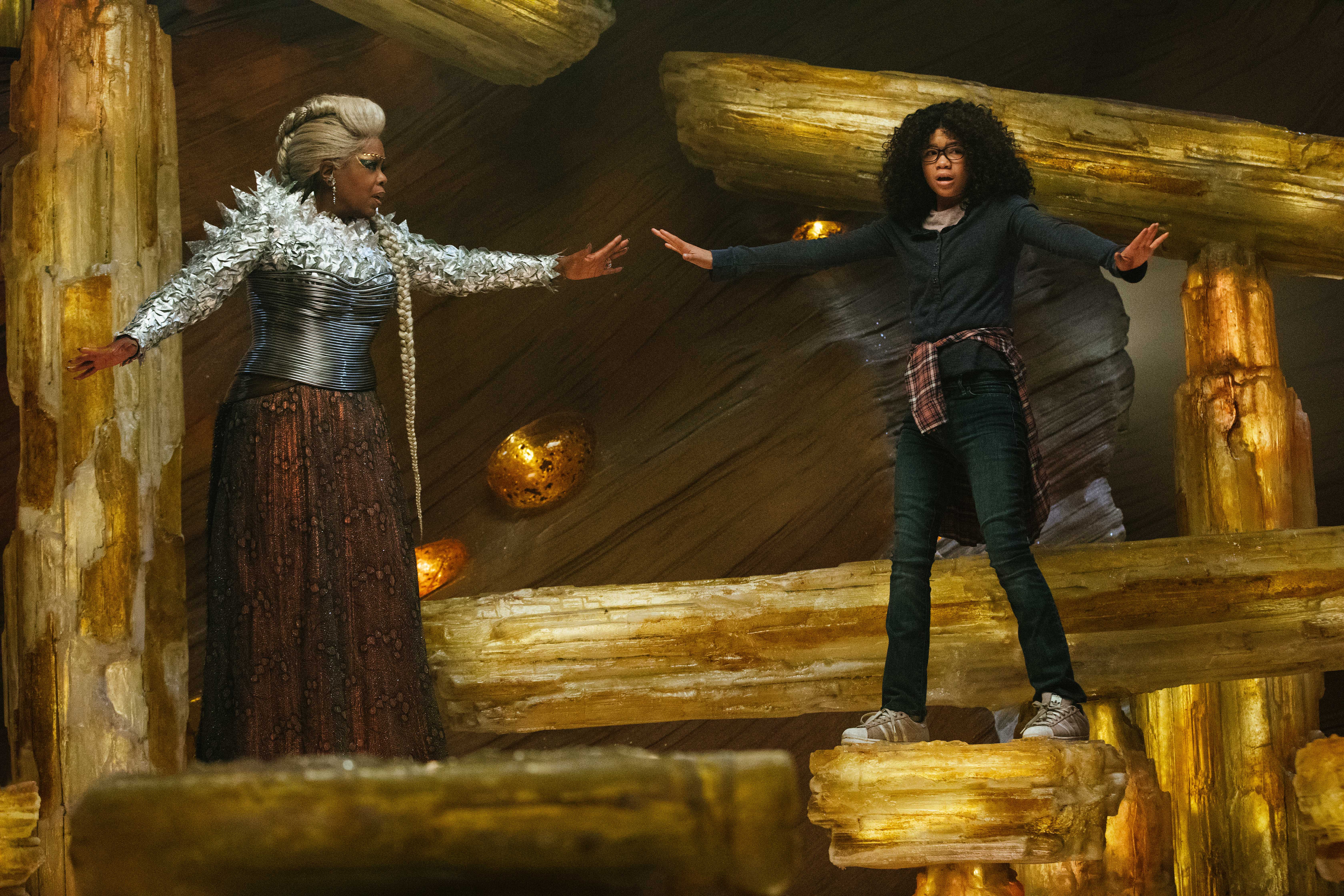

Are you ready once again to, as Ewan McGregor’s Renton said 20 years ago, “choose life”? This weekend, it’s finally time to revisit the story started in Trainspotting, in T2. Both the original and its sequel are helmed by the very diverse Danny Boyle, director of Trance, 127 Hours, Sunshine, 28 Days Later, and Oscar winning Slumdog Millionaire, but 1996’s Trainspotting is what solidified his A-list status.
For millions around the world, Trainspotting is one of the their top five movies. In fact, it’s ranked 10th by the British Film Institute in the Top 100 British films of all time. Whether you’ve loved it since it’s release, or you see the original in preparation of seeing T2, you’ll find a lot to love in the story of the mixed up, messed up Scottish lads that picks up their lives 20 years later. It’s one of the ultimate coming of MIDDLE age films, albeit a bittersweet one that sees through all the pretense and melancholy of the boys as they desperately try to stay boys, and rail against the men they need to become to embrace their lives, which are speeding past them like, well, a speeding train.
It’s a rare thing to have a sequel that meets the quality and emotional depth of the original. In fact, T2 is in some ways very different than its predecessor, because life in your 40s is so very different than life in your 20s.
20 years after Renton (Ewan McGregor) absconds with a duffle bag full of cash that was meant to be split between himself and his mates Simon, Spud, and Begbie, he returns to Edinburgh, after living and having a drug-free life in Amsterdam. He and his pals are in varying degrees of failure. Simon is a coke addict running a pub, and blackmailing prominent citizens who fall for the con he runs with his hot Bulgarian girlfriend. Spud is still a heroin addict and on the verge of suicide. Begbie is serving a 25-year prison sentence, but dreams of escaping and getting even with Renton for leaving him high and dry. A convoluted plot and lots of hijinks ensue, but the film really centers on the boys finding their way to each other and, hopefully, to themselves. Time is slipping away, and self-doubt, regret, and cynicism are keeping these characters from finding any kind of happiness day to day. Such is the experience of men authentically growing older.
For Boyle, it’s been years of directing films of critical and commercial success. He is an auteur of sorts, and as such uses a number of stylistic tricks. His color palette, his quick edits and manipulation of time, as well as iconic, memorable music, all coalesce to show the audience in an authentic emotional way, what these boys struggle with, and what they must come to grips with in order to survive and move forward as men. What was experimental in 1995 is now expertise, and as director he has access to so much more, and uses every bit of it in the service of this new film. It is obviously a labor of love, and one that is shared with all those returning to work with him. Each of the leads have had tv shows, feature films, and stage experiences they bring to bear, and it only deepens their work onscreen. No one is better or stands out beyond any other actor, which is a spectacular rarity and a blessing to every member of the audience.
Really, the film is about time. As we get older, time slows down. It means more and more, and threatens us with its suggestion that it has an end. Either these boys can allow themselves to be exposed to this truth, or they can’t. In each of them, Renton, Simon, Spud, and Begbie, there is a profound sadness about the past, and about the fact that they haven’t arrived where they wanted to be. When in the new film we as an audience see them watching the trains pass, we recognize they need to get on or they’ll be left behind. There’s no more time to stand and stare at it as it goes by. In the original Trainspotting speech by Renton, he says “Choose life”. In T2, although he has an updated speech that references social media and, ultimately his sadness and failures, it should say “Choose the present”. If he and his friends can do that, all the damage of lost friends and children and careers and love lives can be forgiven. Isn’t forgiving ourselves an essential element of embracing our future, whatever our ages?
4 out of 5 stars



